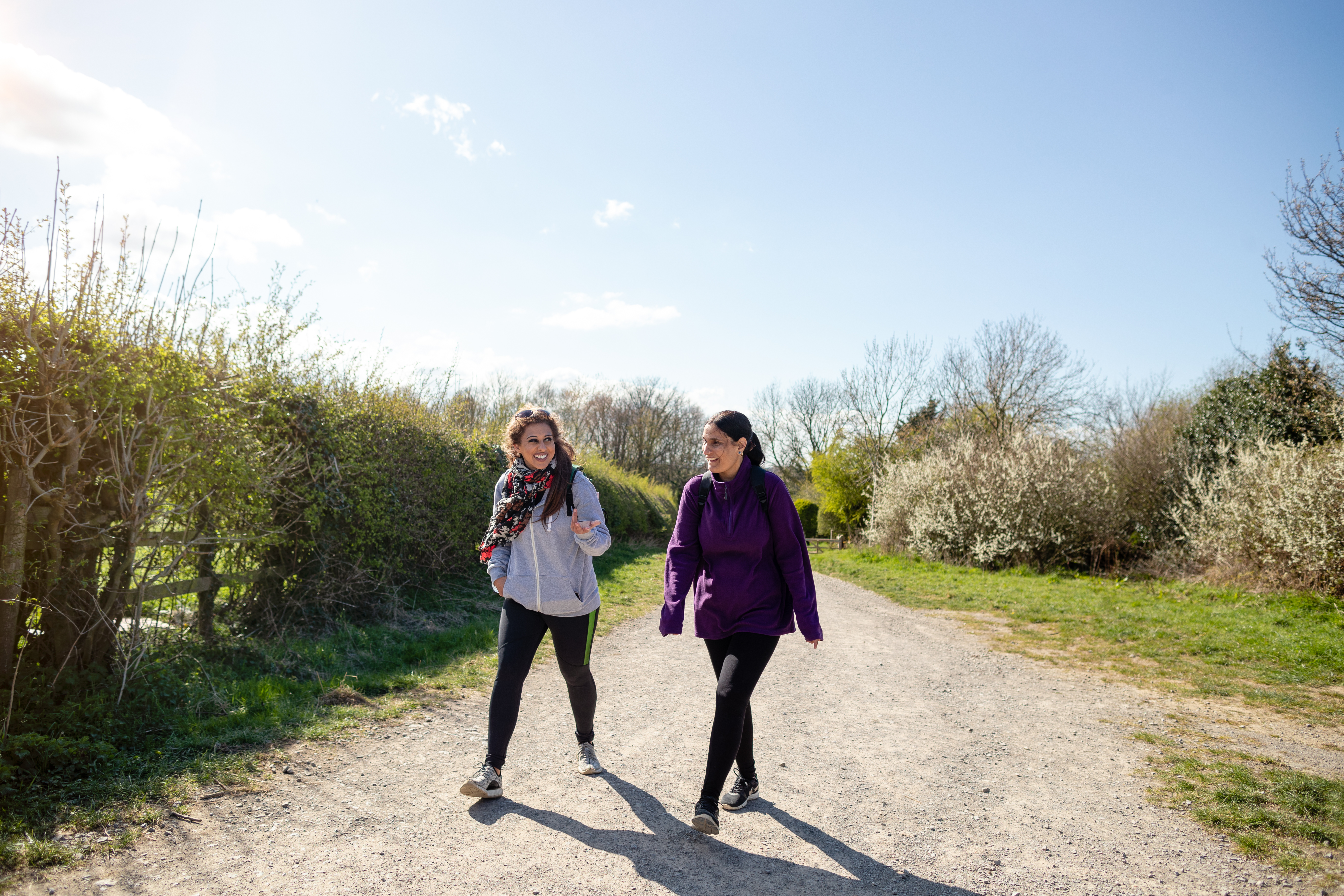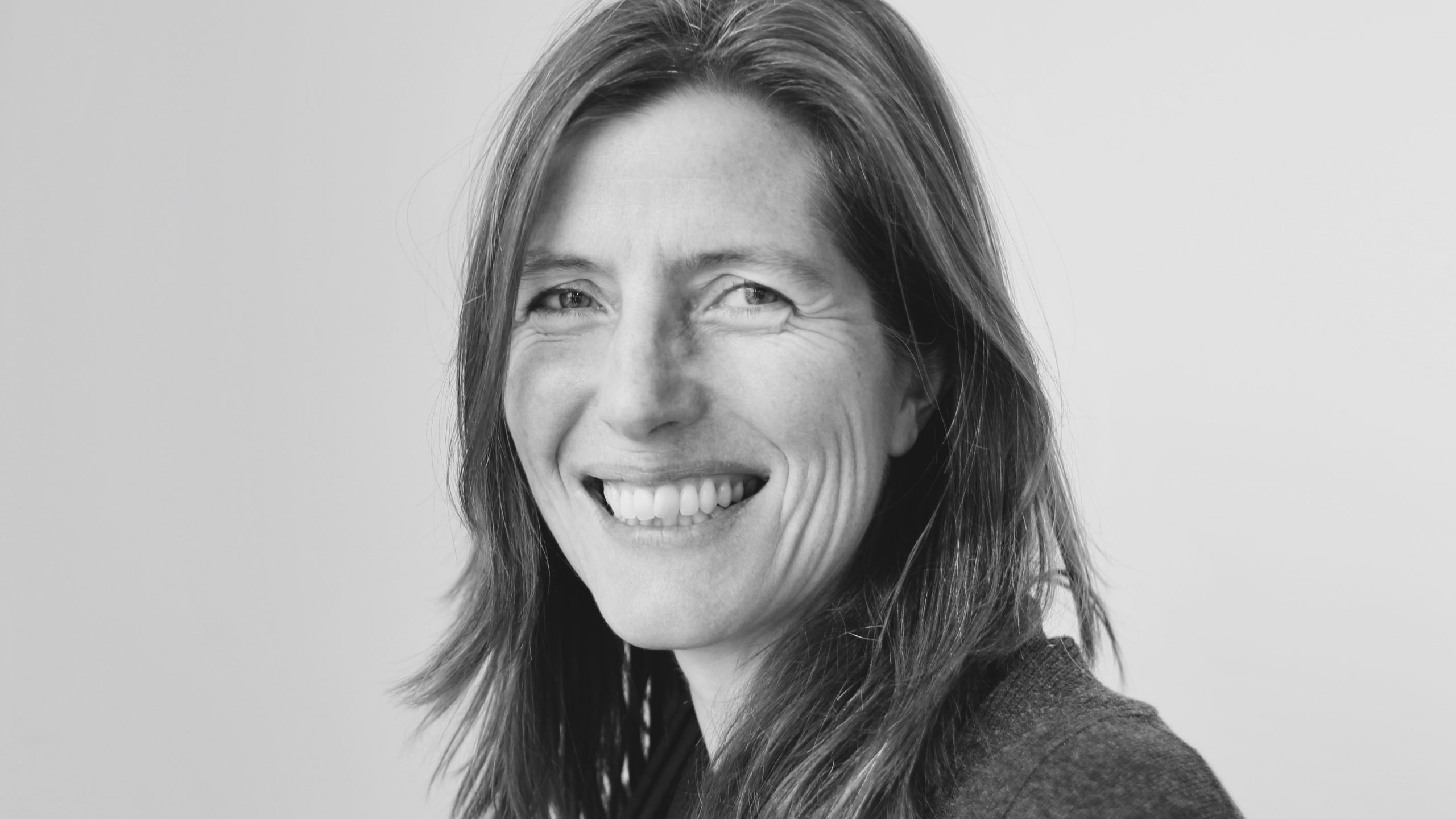Blog by CEO, Stephanie Hilborne
“Those people close to sport know that it can transform lives. Beyond its physical and mental health benefits, sport is joyful and fulfilling and builds foundational life skills.”
However, historically women and girls have been systematically and deliberately excluded from sport and exercise. We were formally banned from playing on FA grounds from 1921 to 1971 and from the modern Olympic Marathon for nearly 90 years. The arguments used to justify excluding women from sport varied, but often included the risk of our wombs falling out.
The irony is that far from justifying our exclusion from sport, female biology makes it all the more important that we should stay physically fit and strong throughout life. Not least, weight-bearing exercise during puberty and leading up to and including the perimenopause will guard against the otherwise all but inevitable onset of osteoporosis and its associated suffering and risk to life.
The fact is that for women our physiology is not only different to that of men, but changes much more substantially with life stage. Frankly, female biology can feel quite brutal. If female puberty and childbirth isn’t hard enough, there is miscarriage and IVF treatment to endure for many, and then comes the sudden hormonal changes around the menopause which can last from four to ten years and affect the entire body. The menopause has long been misunderstood, under-researched and demeaned when it has been talked about at all. As a result women are ill-prepared and surprised by how debilitating the symptoms are and how long they last. Common symptoms range from extremely heavy menstrual blood loss, reduced sleep, worsened memory, weight gain, mood changes and depression to aching joints and, of course, hot flushes.
Ignorance of the female body permeates society. After decades of campaigning, systems are changing but we still live in the cultural wake of the past. So, whilst girls are now “allowed” to play cricket and football which my generation was not, far too many girls and women lack equal access to the happiness and fulfilment that sport brings and that they deserve.
This is true at many stages of life, but it is certainly acute for women in mid-life. For our new research published today, we spoke in depth and over a period of months to thirty women in their 40s and 50s from ethnically diverse backgrounds and different parts of England. They had mostly played little sport at school or since; are working but not well paid; are bearing heavy burdens of care; are worried about their weight and are dealing with very significant changes to their bodies related to the menopause. None of our women were from privileged backgrounds economically and all were struggling to be active.

Our research shows that women are more conscious than ever of the need to be active and are open to changing their lifestyle, but are facing a pressure cooker of responsibility and time deprivation that all too often traps them in inactivity. The women we heard from knew that being physically active can be an antidote to mental and physical stress and is an investment in a healthier later life. But we listened as they told us of the many barriers they faced to getting physically active, and how little energy and motivation they could muster to overcome those barriers. All their emotional energy was being sucked up elsewhere. Equally they were ready to reappraise and were surprised by how fun it was to get active when they did.
Some of those pressures are familiar: the persistent expectation placed on women to bear the burdens of care for children and the elderly; and workplaces that are now less openly hostile to women than they were in my mother’s generation when you were sacked if you got married, but which are still rarely geared up to support women effectively.
But a third – the menopause – is only just starting to be talked about. We want to change that.
Women start life feeling far too visible, and dealing with a running commentary on their appearance, we then enter the child-bearing phase when we are seen as vitally important, but by midlife become increasingly invisible despite being everyone else’s props and stays. With TV and radio presenters Davina McCall, Zoe Ball and our own ambassador Lorraine Candy all talking openly about the menopause, we are witnessing the first generation of women in mid-life who are able to make their voices heard to a mass public. The first.
We want to see:
- Women inspired by expanded perceptions of what sporty can look like and wider opportunities to be physically active;
- Promotion of sport and exercise by health professionals as a simple and accessible way for women to take better care of themselves at this life stage; whilst also overhauling education about menopause so women stop suffering needlessly;
- More and better workplace policies on the menopause that take into account the need for exercise to nurture physical and mental health;
- Men stepping up as allies to encourage their partners, mothers, sisters, daughters and female friends and colleagues to be active, adventurous, and have fun, and to support this practically, for example by stepping up to share care burdens; and
- Midlife women more visible in marketing within the sport and leisure sector and communicating relatable benefits. (See our partnership with Getty Images)
Women in mid-life have a right to sport and exercise that they love, that inspires them, and that will help them live healthier lives now and in the future.


